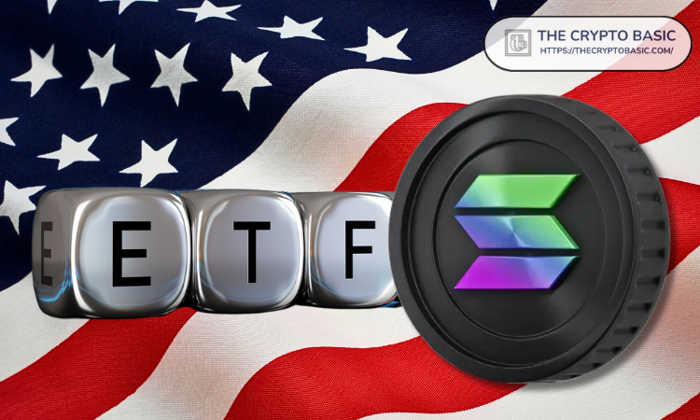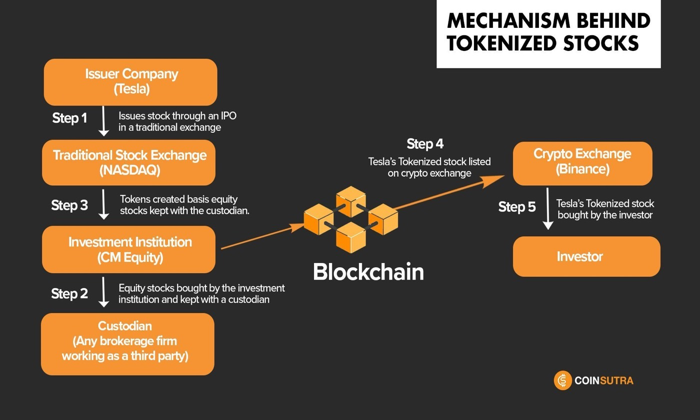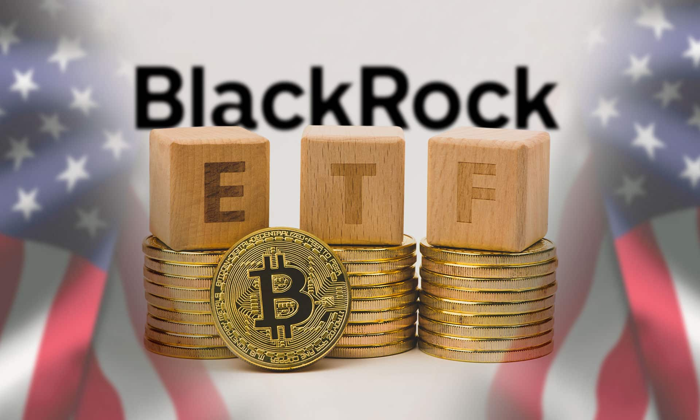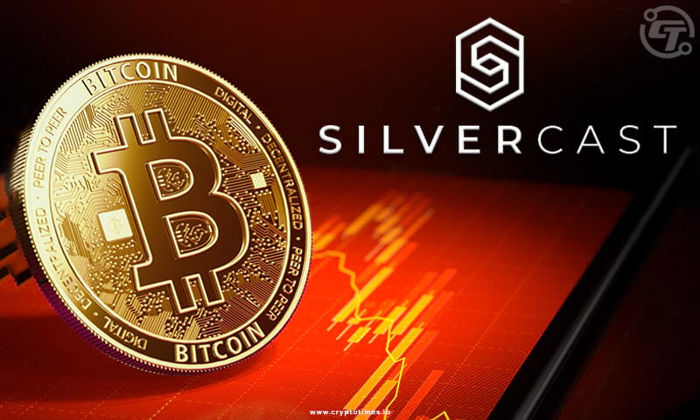The Genius Act stablecoin represents a pivotal moment for the future of the digital economy, as it seeks to reinforce US dollar dominance in the realm of digital assets. This landmark piece of legislation proposes a 1:1 backing for stablecoins, ensuring compliance with crucial financial regulations such as Anti-Money Laundering laws. By establishing a framework for stablecoin collateralization, the Genius Act aims to enhance the US dollar’s position as the leading currency in Web3, marking it as the “world’s digital settlement currency.” With reports like that from Foresight Ventures highlighting its importance, the passage of the Genius Act could usher in a new era of compliant and user-centric financial solutions. As industry experts prepare for the Senate’s final vote, the implications of this act may extend beyond borders, influencing global stablecoin regulation and economic stability.
Stablecoins, like those proposed in the Genius Act, are set to reshape the landscape of digital finance in a world increasingly driven by Web3 technologies. The guiding principles of the GENIUS Act focus on establishing comprehensive legislation that safeguards users and enhances the integrity of financial transactions in the digital space. By mandating that these digital currencies maintain a one-to-one valuation with the US dollar, the act positions the dollar not just as a dominant fiat currency, but also as a reliable medium in the evolving digital marketplace. As the regulatory framework develops, it proposes to enable fintech innovations that can provide secure and compliant financial solutions, thereby contributing significantly to the modernization of the global digital economy. Overall, the foresight of this legislation signals a progressive step toward a harmonious relationship between traditional finance and the burgeoning crypto world.
The Impact of the Genius Act on US Dollar Dominance
The Genius Act, officially titled the Guiding and Establishing National Innovation for US Stablecoins Act, represents a pivotal moment for the US dollar within the rapidly evolving landscape of the digital economy. By mandating a 1:1 backing of stablecoins to the US dollar, the legislation has the potential to fortify the dollar’s preeminent status as the predominant currency for digital transactions. As the world shifts towards digital finance, any legislation that can solidify US dollar dominance will be observed closely by global markets, reinforcing the currency’s role as a secure and stable medium of exchange in Web3 environments.
In addition to enhancing US dollar dominance, the Genius Act could act as a template for future stablecoin regulations worldwide. The clarity it seeks to provide around stablecoin collateralization and compliance with existing financial regulations could encourage other nations to design their own regulatory frameworks. With the US taking a lead in establishing robust guidelines for stablecoins, countries around the globe may find themselves pressured to follow suit in order to maintain competitive parity within the burgeoning digital economy.
Stablecoin Legislation and Its Role in Web3 Compliance
One of the most noteworthy aspects of the Genius Act is its emphasis on compliance within the Web3 framework. By enforcing adherence to Anti-Money Laundering laws and prohibiting the misuse of reserve assets, the legislation aims to create a trustworthy environment for both users and issuers of stablecoins. This is particularly important as the digital economy grapples with concerns over fraud and illicit activity. By establishing clear compliance protocols, the Genius Act seeks to instill confidence among users, thereby promoting wider adoption of stablecoins in day-to-day transactions.
Furthermore, the Genius Act stands to set a crucial precedent for the future of stablecoin legislation. As the digital landscape evolves, the balance between innovation and regulatory oversight becomes increasingly complex. The enactment of the Genius Act may not only lead to more compliant operations for fintech companies but could also encourage the development of financial solutions that are secure and user-centric. Enhanced regulatory frameworks can enable businesses to innovate without the fear of legal repercussions, thus fostering a thriving ecosystem for digital assets.
Fintech Innovations Driven by Genius Act Compliance
The Genius Act’s requirement for stablecoins to adhere to strict compliance measures opens the door for fintech companies to develop innovative financial solutions. By ensuring that stablecoins are backed 1:1 by the US dollar and compliant with anti-fraud regulations, fintech entities are afforded the security and clarity needed to design products that resonate with users’ needs. This legislation acts as a catalyst for innovation, suggesting that compliant, user-friendly platforms could soon emerge, offering consumers seamless access to digital currency transactions.
As fintech companies respond to the challenges outlined in the Genius Act, we can expect a surge in services that prioritize security and trustworthiness. For instance, platforms may adapt by incorporating advanced technologies like blockchain for transactions, along with multifactor authentication for enhanced security. The shift towards compliant, secure financial products not only addresses current demands but also paves the way for the future of the digital economy, aligning with the broader goals of responsible innovation.
Potential Risks and Industry Reactions to the Genius Act
Despite the positive prospects associated with the Genius Act, industry observers express caution regarding its passage. The split vote during the procedural stages in the Senate highlights a significant divide among lawmakers, underscoring concerns that lack of bipartisan support could hinder its implementation. Experts fear that any delay or amendment could undermine the Act’s potential benefits, preventing the US from fully leveraging its position in the global digital asset ecosystem.
Industry experts like Andrei Grachev remind us of the implications of the Genius Act beyond US borders. As the largest economy in the world moves forward with stablecoin policy, both domestic and international markets will undoubtedly respond. Global stakeholders are closely monitoring this legislation, as its success or failure may set a precedent for upcoming regulations in other regions aiming to create their own compliant digital economies. The consequences of this act could ripple beyond the US dollar, influencing the future trajectory of global financial solutions.
Understanding Stablecoin Collateralization Under the Genius Act
The concept of stablecoin collateralization becomes significantly more structured under the regulations proposed in the Genius Act. By explicitly detailing the requirement for a 1:1 backing of stablecoins with the US dollar, the legislation aims to eliminate ambiguities that have plagued prior stablecoin implementations. This clear directive not only asserts the stability of the asset but also provides a foundation for consumer trust, crucial as the market continues to evolve.
Moreover, the Genius Act delineates restrictions on how reserve assets can be used, ensuring that they remain exclusively for purposes of redemption and specific safe investments. By prohibiting misappropriation of these reserves, the Act seeks to quell fears of instability that may arise from speculative use of the funds. This meticulous regulation stands to foster a safer environment for both investors and users, enhancing the overall credibility of the stablecoin market.
Global Implications of the US’s Stablecoin Leadership
The leadership demonstrated by the US through the Genius Act positions it as a pioneer in establishing a global regulatory framework for digital currencies. As the discussions around stablecoin legislation continue, other nations may feel motivated to adopt similar measures—potentially catalyzing a wave of regulatory developments worldwide. The idea that ‘when the US moves on stablecoin policy, the world watches’ reflects the significant influence of American policies in shaping international financial solutions.
As the digital economy continues to expand, countries observing the Genius Act’s impact on stablecoins may find themselves compelled to align their regulations accordingly. This could lead to a standardized approach to stablecoin use and compliance measures across multiple jurisdictions. However, such harmonization also bears risks; divergent regulatory environments may emerge, leading to challenges in international cooperation and financial interoperability among digital currencies.
Fintech Partnerships: Fostering Compliance and Innovation
Within the framework of the Genius Act, fintech partnerships could emerge as key enablers of compliance and innovation. By collaborating with established financial institutions to navigate the complexities of the legislation, fintech firms can leverage existing expertise in regulatory adherence while expanding their service offerings. This symbiosis could lead to the creation of innovative financial products that appeal to both traditional users and newcomers to the digital economy.
As these partnerships develop, we may witness the introduction of novel services such as automated compliance technologies and secure payment solutions, directly influenced by the requirements set forth in the Genius Act. Not only would these innovations bolster market confidence, but they could also empower users with more sophisticated tools for engaging in the digital economy—a crucial element for driving widespread adoption of stablecoins.
The Role of Treasury Repos in Stablecoin Legislation
A fundamental aspect of the Genius Act is the stipulation regarding the use of stablecoin reserves. By allowing investments solely in low-risk instruments such as Treasury repos, the legislation aims to mitigate the risks associated with shadow banking. This cautious approach underscores the importance of maintaining liquidity and stability within the digital asset ecosystem, ensuring that stablecoin holders can redeem their assets without fear of loss.
Limiting reserve asset usage to safe investments not only protects consumers but also enhances the overall integrity of stablecoins. As fintech companies adhere to these regulations, they create a more stable economic environment for digital transactions. This could potentially reassure investors and users, thereby fostering a climate of trust and reliability that is essential for the sustainable growth of the digital economy.
Future of Digital Assets in Light of the Genius Act
The Genius Act is a cornerstone for the future of digital assets in the US, setting a clear path for stability and compliance in the market. Its enactment could potentially lead to increased investment in stablecoins as users gain confidence in the legitimacy and safety of these digital currencies. This shift may also drive innovation in the fintech space, as companies adapt their products to meet the new regulatory standards, creating a robust, compliant environment for users.
As the implementation of the Genius Act unfolds, its effects will be meticulously watched by stakeholders in the digital economy. Financial solutions that arise from this legislation could serve as models for other jurisdictions, thus propelling the US to the forefront of digital asset policy globally. The act not only reinforces the US dollar’s place in the digital economy but also signals a commitment to responsible growth and innovation in the face of evolving financial landscapes.
Frequently Asked Questions
What is the significance of the Genius Act stablecoin in relation to US dollar dominance?
The Genius Act stablecoin is crucial for solidifying US dollar dominance in the digital economy by ensuring that stablecoins are fully backed 1:1 by the dollar. This legislation seeks to enhance the dollar’s supremacy in Web3, reinforcing its status as the leading digital settlement currency.
How does the Genius Act stablecoin legislation impact the digital economy?
The Genius Act stablecoin legislation impacts the digital economy by providing clear guidelines for stablecoin collateralization, enhancing compliance with financial regulations, and fostering secure and user-centric financial solutions through fintech innovations.
What are the compliance requirements for the Genius Act stablecoin?
The compliance requirements for the Genius Act stablecoin include adherence to Anti-Money Laundering laws and ensuring that stablecoin issuers do not misappropriate reserve assets. This regulatory framework aims to create a safer and more reliable environment for digital assets.
How might the Genius Act stablecoin influence global stablecoin regulations?
The Genius Act stablecoin may influence global stablecoin regulations by setting a precedent for other regions to follow. As the US leads in establishing robust stablecoin legislation, other countries may watch and adapt similar regulatory frameworks to ensure compliance in the evolving digital economy.
Why is the Genius Act stablecoin considered essential for fintech companies?
The Genius Act stablecoin is considered essential for fintech companies because it allows them to develop compliant, secure, and user-centric financial solutions. The clear guidelines established by the legislation support innovation while maintaining regulatory compliance.
What are the potential risks associated with the Genius Act stablecoin?
Potential risks associated with the Genius Act stablecoin include the possibility of limited support from certain political groups, which could affect the stability of the legislation. Additionally, concerns about ‘shadow banking’ risks may arise if reserve assets are mismanaged.
How does the Genius Act stablecoin ensure user protection?
The Genius Act stablecoin ensures user protection by mandating full backing of stablecoins with US dollars, thus minimizing volatility. The legislation also prohibits the misuse of reserve assets, ensuring that funds are utilized only for safe investments and redemption.
What is the relationship between the Genius Act stablecoin and Web3 compliance?
The Genius Act stablecoin enhances Web3 compliance by establishing clear rules for stablecoin issuers. This regulatory clarity helps ensure that stablecoins operate within legal frameworks, facilitating a safer and more trustworthy digital economy.
| Key Point | Details |
|---|---|
| Genius Act Overview | The Genius Act aims to solidify the US dollar’s dominance in the digital economy, specifically within Web3. |
| 1:1 Stablecoin Backing | Enforces that stablecoins must be fully backed 1:1 by US dollars, enhancing trust and stability. |
| Impact on US Dollar | Aims to reinforce the dollar’s status as the world’s digital settlement currency. |
| Legislation Status | The bill passed a procedural vote in the Senate with a 66–32 margin but awaits full Senate vote. |
| Compliance Requirements | Requires adherence to Anti-Money Laundering laws and forbids misappropriation of reserve assets. |
| Industry Insights | Observers are cautious due to lack of support from key Democrats; the legislation could set a global precedent. |
| Future Implications | The act may provide a unified regulatory framework for crypto, influencing international standards. |
Summary
The Genius Act stablecoin is poised to significantly enhance the dominance of the US dollar in the digital economy, particularly within the evolving landscape of Web3. As it promotes a rigorous 1:1 backing for stablecoins and emphasizes compliance with regulatory standards, it stands as a pivotal piece of legislation that not only aims to set clear guidelines for stablecoin issuance but also reinforces the dollar’s position as the world’s leading digital currency. Industry experts suggest that the passage of this act could lead to greater regulatory cohesion globally, as other nations may look to the US as a model for their own stablecoin regulations.
The Genius Act stablecoin represents a potential turning point in the realm of digital finance, positioning itself as a transformative force in reinforcing US dollar dominance within the digital economy. This groundbreaking piece of stablecoin legislation is designed to establish a robust framework that guarantees each issued stablecoin is backed 1:1 by the US dollar, ensuring trust and stability in Web3 compliance. With the impending Senate vote, the Genius Act seeks to rejuvenate the financial solutions landscape by mandating adherence to strict rules preventing the misappropriation of stablecoin reserves. Reports suggest that its successful passage could solidify the US dollar’s role as the preferred digital settlement currency internationally. As the world looks to the US for leadership in regulating digital assets, the Genius Act could set the standard for future global stablecoin frameworks, showcasing how innovation can coexist with regulatory compliance.
The GENIUS Act, an initiative aimed at reshaping regulations surrounding cryptocurrency-backed assets, is set to redefine the landscape of digital currencies. Often referred to as a pioneering stablecoin framework, this legislation seeks to bolster the US dollar’s standing amidst the ever-evolving digital economy. By mandating a one-to-one backing with the US dollar, this act addresses key concerns regarding stability and compliance in the new wave of economic transactions seen in Web3. Industry experts are keenly observing how this potential legislation could influence not just national but also international regulatory approaches to financial solutions involving digital currencies. As the global market awaits the Senate’s decision, the implications of the GENIUS Act could ripple far beyond American borders, setting a precedent for future crypto legislation.














